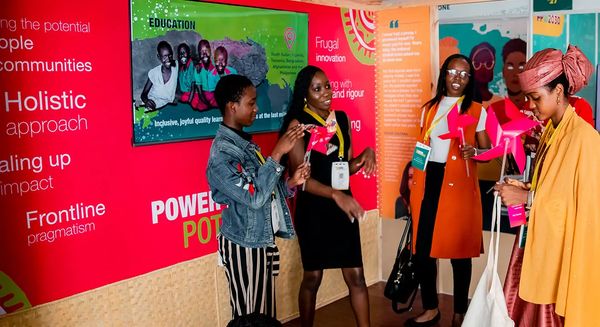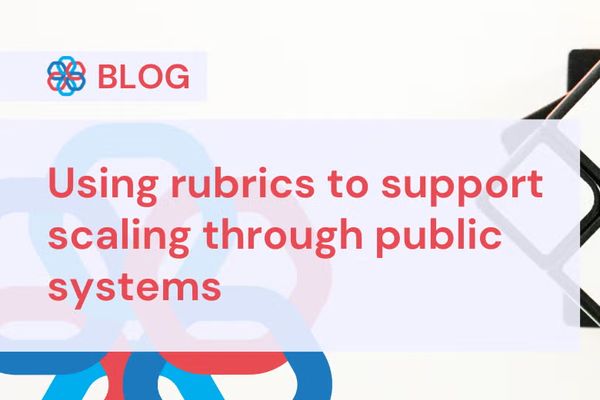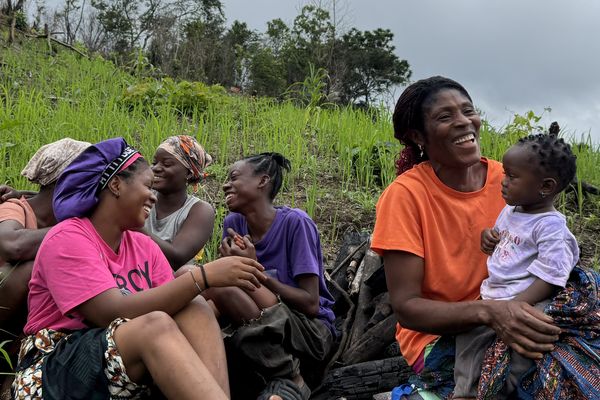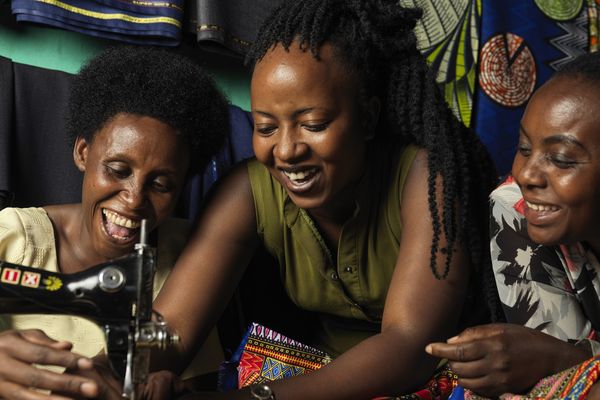Key moments from Women Deliver 2023
Date: 12 Aug 2023
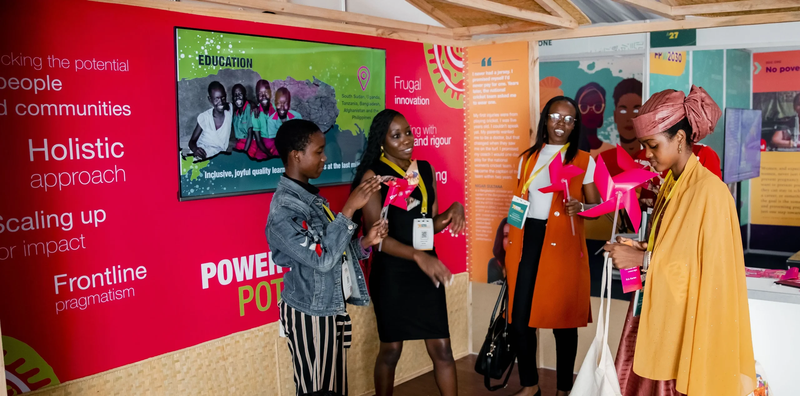
Last month in Kigali, we joined 6,000 people from around the globe dedicated to advancing gender equality at the Women Deliver Conference 2023. Here is what we learnt:
1. Young voices on the ground
“If you don’t have a table, build your own table.” – Jairo Rodrigues, award-winning Human Rights and Social Development Programme Coordinator, at the Youth Power pre-conference session.
- Youth representation was a crucial part of the conversation. Young people were encouraged to make themselves the experts, and use their insights from the ground and their involvement with their communities. They will be the ones to hold leaders accountable.
- Intergenerational partnerships are key to achieving gender equality – learning from those who have paved the path before us and those who are paving the path now. Formal spaces for the youth and by the youth are critical in making their voices heard. Organisations must go to the ground, learn through conversations with children and young people – such as going to schools and talking about sexual and reproductive health rights to understand the realities for young people on the ground.
- We must ask what their needs are and implement that. Mobilising resources on the ground means utilising the networks that exist and empower young people to advocate for themselves.
2. Funding feminist movements through localisation and building trust
“It is important for women to understand that gender equality can only happen when women take their own power and ownership.” – Mary Balikungeri, Executive Director, Rwanda Women’s Network
- Putting women and girls at the centre of development solutions as agents of change. Their needs have to be prioritised and programmes need to be holistic in order to address the multidimensional challenges they face – from lack of access to education, financial services, psychosocial services to address survivors of gender-based violence, and skills and entrepreneurship development to empower them to take control of their lives.
- The community should decide where funding goes. Funders need to take greater risks by investing more to equip communities with the tools they need. There is a need to build trust. Ownership of initiatives and how funds are utilised need to be in the hands of those closest to the challenges – especially young women who are not waiting around for the world to achieve gender equality.
- We must emphasise on the well-being of girls and young women. We must invest in the psychosocial care of girls and young women who are survivors of abuse and gender-based violence, alongside initiatives that equip them economically and socially. We must invest in safe spaces for girls, especially in the most challenging contexts of crisis and conflict. Engaging boys and men in the conversation, and ensuring they have the tools they need to become allies is crucial.
3. What about solutions? While the conference was filled with engaging conversations about challenges we are facing globally, there wasn’t enough talk about actual solutions.
“Before, I was shy. I couldn’t stand in this audience and speak to you. But now I am empowered to speak up. I mentor other girls in my community to do the same.” Salamah Najjembah, a participant of BRAC’s youth empowerment program in Uganda, during the ‘Power Her Potential’ side event.
- We need to take an integrated and holistic approach – one that addresses each part of a young woman’s life, not just one. Social and economic empowerment must go hand in hand. One does not work without the other. We must catch girls and young women where they are most at risk, and ensure that they have all the support and tools they need to overcome and thrive.
- Evidence-based approaches from the Global South, which are grounded in local realities, must be contextualised for communities. BRAC’s holistic Empowerment and Livelihoods for Adolescents (ELA) model shows positive social, economic, community and educational outcomes after rigorous testing. The Graduation approach which provides women in extreme poverty with the resources and tools to overcome their social and economic challenges, build resilient livelihoods and sustainable pathways out of poverty. Our microfinance approach is an integral part of BRAC’s holistic approach to development, focusing on women living in poverty in rural and hard-to-reach areas, to create self employment opportunities, build financial resilience, and harness women’s entrepreneurial spirit by empowering them economically.
- Small is beautiful but scale is necessary. While much progress has been made towards gender equality, the pace of progress remains too slow. We need to supercharge our efforts because the need is great. There is an urgency to create impact at scale. Scaling proven approaches is crucial for girls and women to develop sustainable livelihoods, build resilience, and become active leaders in the community, challenge gender inequality, and create a trajectory out of poverty. Cross-sector partnerships are needed to take interventions proven to be effective at reaching and empowering people in the deepest forms of poverty at scale; this will require governments to take the lead, with support from multilateral institutions, researchers, civil society, and NGOs.
